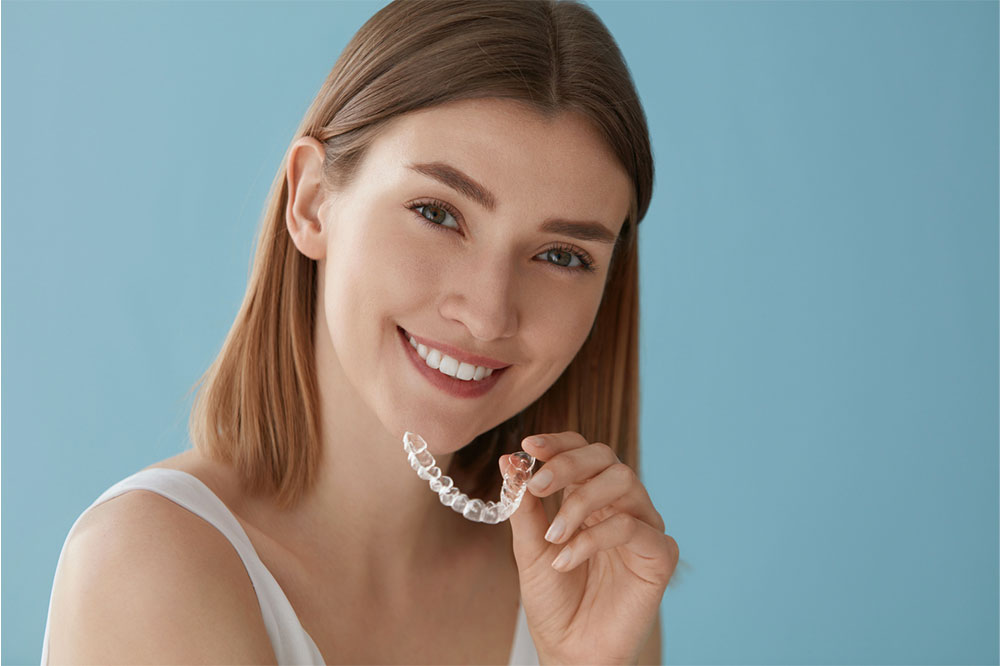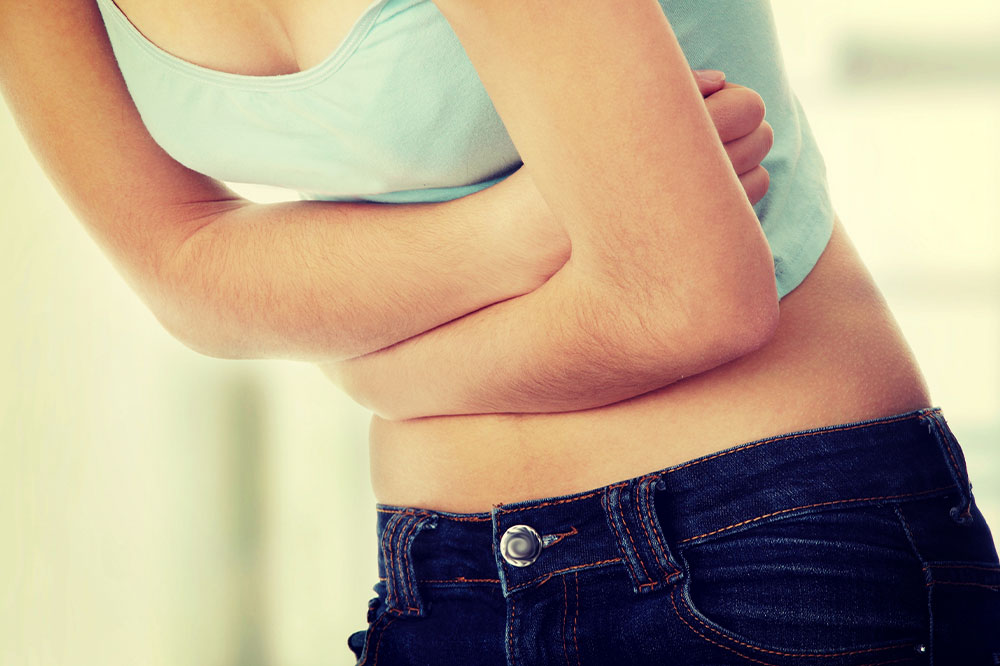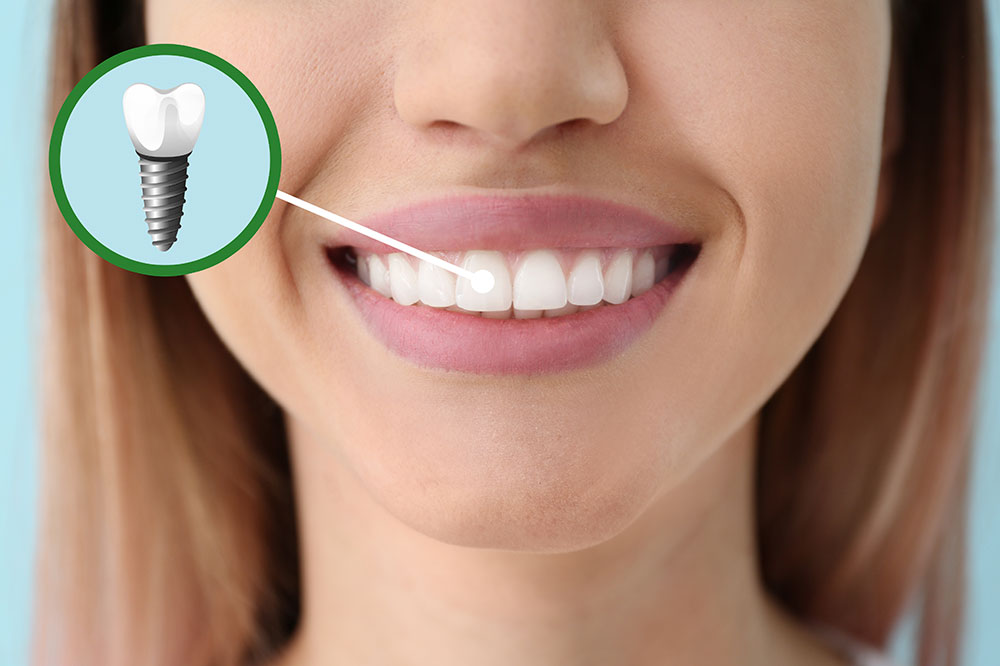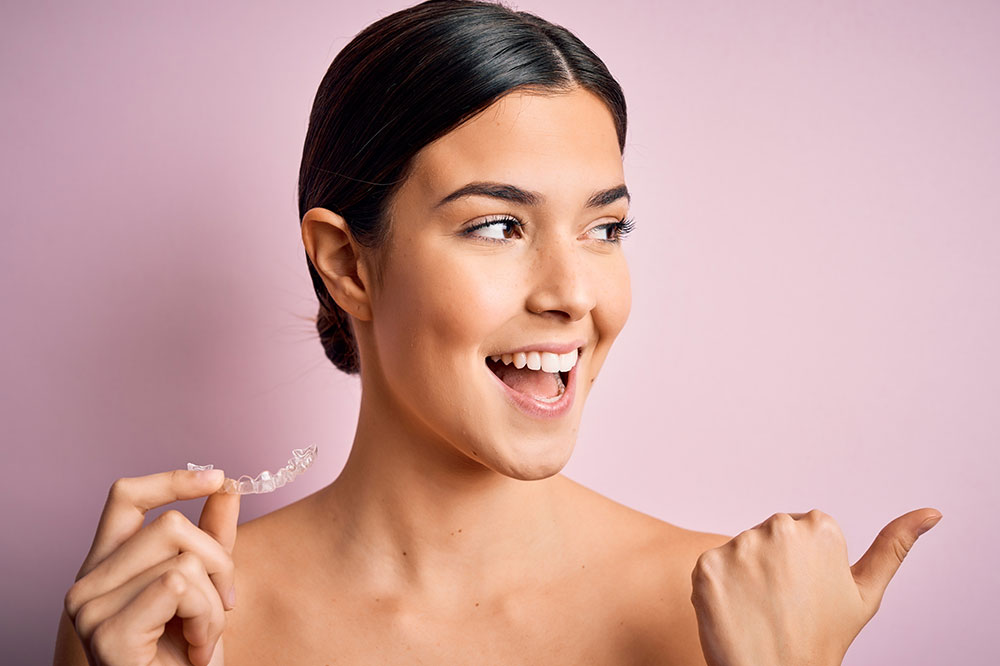Worst Cat Foods to Avoid as a Pet Parent
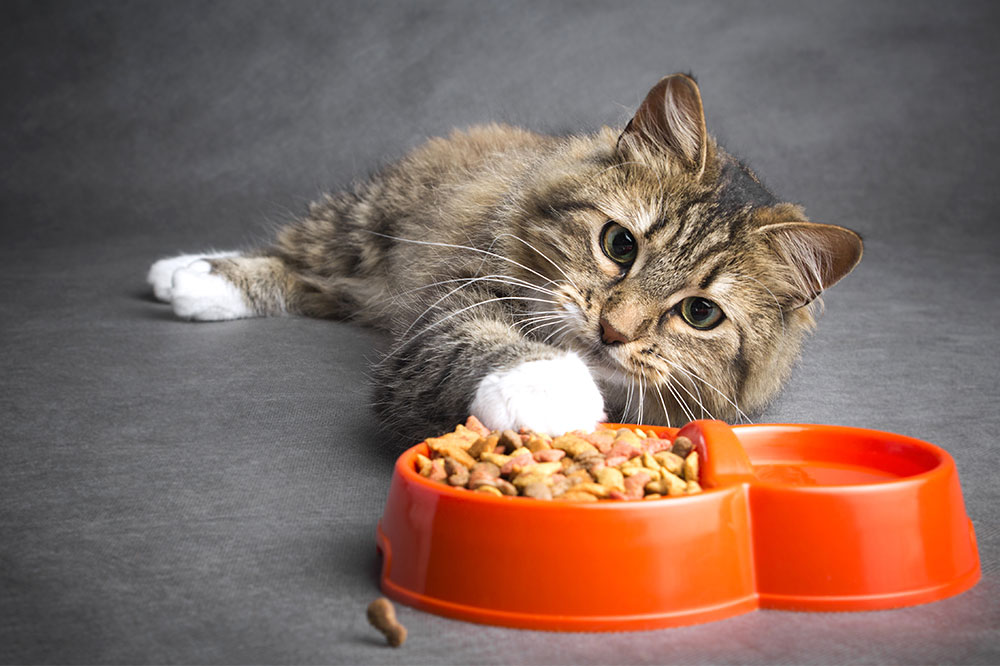
Cats have incredibly sensitive digestive systems, and foods incompatible with their tummy may result in severe illnesses. While cat owners want to feed their beloved pets the tastiest and most nourishing meals possible, not all nutrient-rich foods suit felines. In fact, some foods can be downright dangerous to them. Specific items must be kept miles away from a cat’s meals to keep them energetic, happy, and healthy. Here are eight such examples:
Beans
Cats need protein for healthy growth, and as is the case with humans, amino acids are building blocks for cats too. Proteins are the primary source of energy and get consumed very rapidly by cats’ bodies. However, plant-based proteins are harmful to them. Felines must only consume meat-derived proteins, not plant-derived ones found in foods such as beans. Beans and other plant-protein-rich foods can make cats heavy and give them several digestive problems. Apart from beans, other foods rich in plant-derived protein are broccoli, chickpeas, peas, nut butter, lentils, nuts, and seeds.
Bread
Cats generally tend to stay away from carbohydrate-rich foods. They do not contain adequately-built enzyme pathways to digest the chemical compounds found in carbohydrate-heavy food items. Essentially, cats’ bodies do not get any benefits from such foods. Therefore, some of the worst cat foods contain more than 50 percent carbohydrates. Bread is among the most carbohydrate-heavy food out there. While consuming bread, feline owners may feel the urge to feed their pets some bites from their plates. This must be avoided at all costs. However, cats can easily consume and thrive on about 1 to 2 percent carbohydrates per serving per meal.
Chocolate milk
Carrageenan is a substance derived from edible seaweed. It is used as a thickening agent in many foods and is a major part of most human meals. Chocolate milk is among the foods that contain massive amounts of carrageenan. Why is this ingredient bad for cats? First of all, it affects their immune system adversely. This substance causes a feline’s immune system to react aggressively, and as that happens, the cat’s digestive system and organs become inflamed, causing a great deal of pain. Apart from that, carrageenan causes several gastrointestinal disorders in cats. Some of these disorders include ulcers and tumors.
Yogurt
Despite their nutrient-rich status, dairy products are highly detrimental to a cat’s digestive system and overall health across breeds. One could say that yogurt is truly one of the worst foods imaginable for lactose-intolerant cats. Feeding cats yogurt, ice cream, or other dairy products can debilitate their digestive systems. If a cat is lactose intolerant, their digestive system will not process and digest foods such as milk, ice cream, and yogurt. While avoiding them altogether is a sensible thing to do, one can consult a veterinarian to know if lactose-free milk and yogurt are good for cats.
Onions and garlic
Onions are an essential part of most human meals due to the taste and flavor they bring into meals. However, onions are amongst the worst foods possible for cats. This is because of multiple reasons. Onions break down a cat’s red blood cells, and consequently, your cat can suffer from anemia, overall weakness, and shortness of breath if they consume onions. Like onions, garlic also causes the same issues for cats’ digestive systems, blood, and overall health. In fact, garlic is five times more potent than onions in this regard. All in all, one must not feed their cat onions, garlic, or chives in any form, whether they are cooked, powdered, dehydrated, or raw.
Undercooked fish
Raw meat is another huge no-no when it comes to the dos and don’ts of cat food. Raw fish contains harmful active bacteria such as E. coli and Salmonella. These bacteria are already harmful to humans and can be even more harmful to cats and other immunocompromised pets. On the other hand, as stated earlier, properly cooked meat is good for cats as it is a much-needed source of protein for them.
Undercooked fish contains several elements that destroy another critical B vitamin called thiamine in cats. As a result, consuming too much raw fish can cause a cat to end up in a coma. Therefore, raw sardines, salmon, or other types of fish must simply be avoided to keep cats healthy. Apart from undercooked meat, raw eggs are also not suitable for felines. Raw eggs contain an enzyme that reduces a cat’s biotin absorption capabilities. Biotin is an essential kind of vitamin B as it keeps the animal’s coat and skin healthy. Your pet may have a poor coat and skin issues in case of a biotin deficiency.
Coconut water
Now, it is worth saying that small amounts of coconut flesh or water are not harmful to cats. However, like many items on this list, larger amounts of coconut water can result in nasty digestive issues in cats. Coconut water is a rich potassium source, which makes it dangerous for felines. On top of that, the oil found in coconut water or pieces can cause some skin issues for cats. If your pet accidentally has coconut water or you are considering giving something to your pet with the ingredient, it is advisable to consult the veterinarian first before doing so.
Oranges
Citrus foods are also bad for cats’ digestive systems. For example, various parts of an orange (or other citrus-heavy foods), such as the leaves, peels, stems, seeds, and fruits, can result in cats having an upset stomach. In fact, things can get as bad as your pet having terrible vomiting bouts and diarrhea in the immediate or long term after consuming the fruit. Such foods can also affect a cat’s central nervous system and cause them to end up with depression and anxiety. Therefore, oranges definitely need to be removed from your pet’s daily meals.

